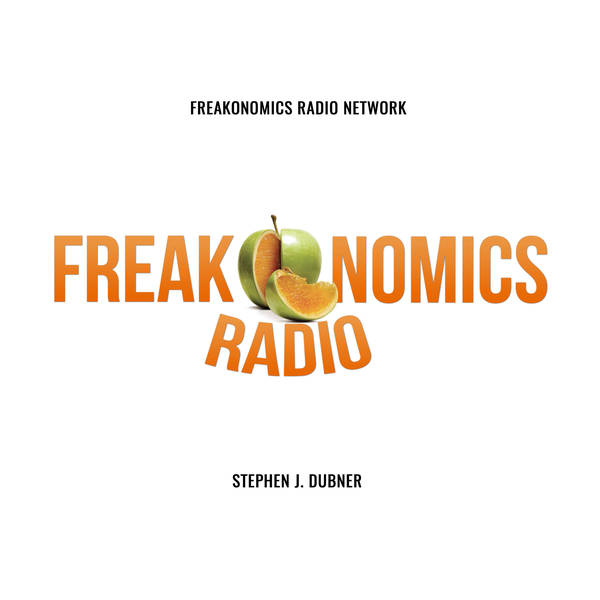
572. Why Is There So Much Fraud in Academia?
Some of the biggest names in behavioral science stand accused of faking their results. Last year, an astonishing 10,000 research papers were retracted. We talk to whistleblowers, reformers, and a co-author who got caught up in the chaos. (Part 1 of 2)
SOURCES:Max Bazerman, professor of business administration at Harvard Business School.Leif Nelson, professor of business administration at the University of California, Berkeley Haas School of Business.Brian Nosek, professor of psychology at the University of Virginia and executive director at the Center for Open Science.Joseph Simmons, professor of applied statistics and operations, information, and decisions at the Wharton School at the University of Pennsylvania.Uri Simonsohn, professor of behavioral science at Esade Business School.Simine Vazire, professor of psychology at the University of Melbourne and editor-in-chief of Psychological Science.
RESOURCES:"More Than 10,000 Research Papers Were Retracted in 2023 — a New Record," by Richard Van Noorden (Nature, 2023)."Data Falsificada (Part 1): 'Clusterfake,'" by Joseph Simmons, Leif Nelson, and Uri Simonsohn (Data Colada, 2023)."Fabricated Data in Research About Honesty. You Can't Make This Stuff Up. Or, Can You?" by Nick Fountain, Jeff Guo, Keith Romer, and Emma Peaslee (Planet Money, 2023).Complicit: How We Enable the Unethical and How to Stop, by Max Bazerman (2022)."Evidence of Fraud in an Influential Field Experiment About Dishonesty," by Joseph Simmons, Leif Nelson, and Uri Simonsohn (Data Colada, 2021)."False-Positive Psychology: Undisclosed Flexibility in Data Collection and Analysis Allows Presenting Anything as Significant," by Joseph Simmons, Leif Nelson, and Uri Simonsohn (Psychological Science, 2011).
EXTRAS:"Why Do We Cheat, and Why Shouldn’t We?" by No Stupid Questions (2023)."Is Everybody Cheating These Days?" by No Stupid Questions (2021).
